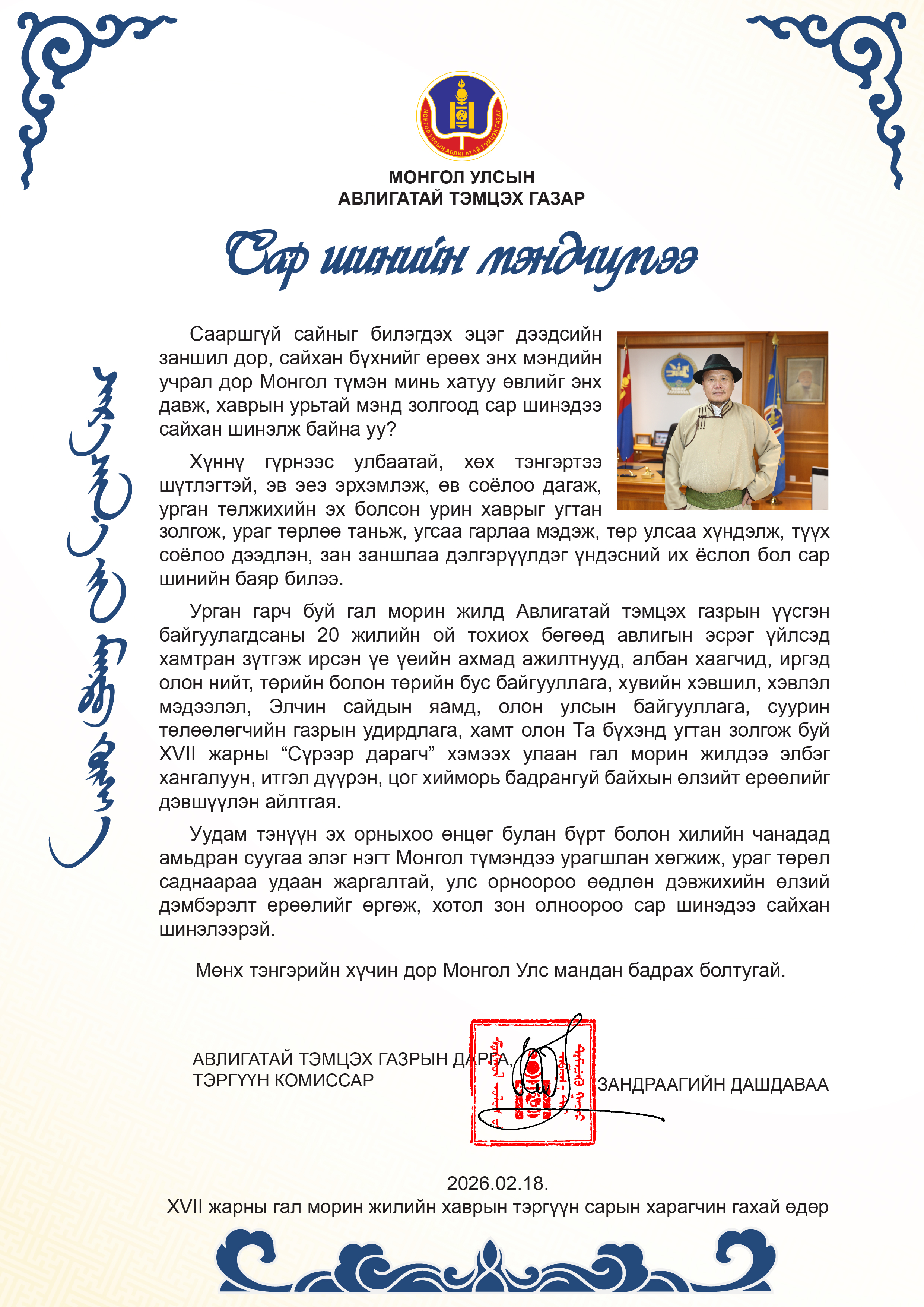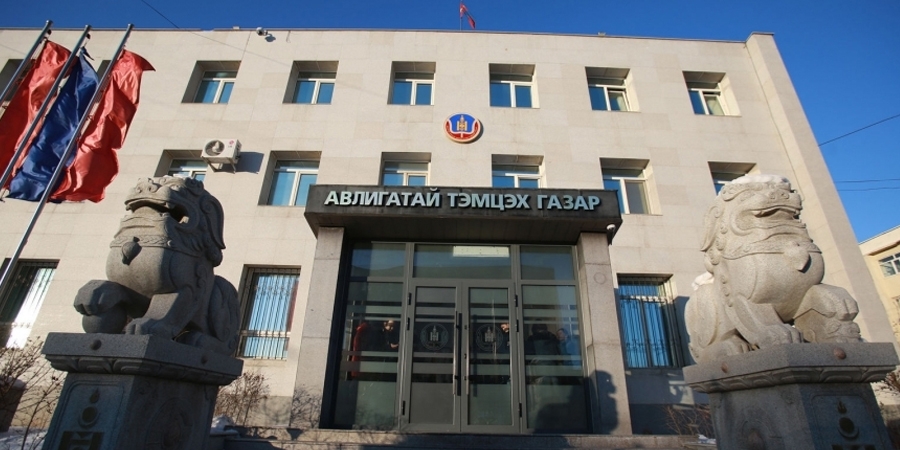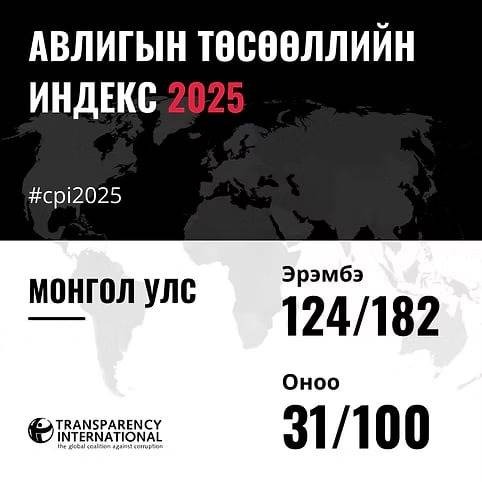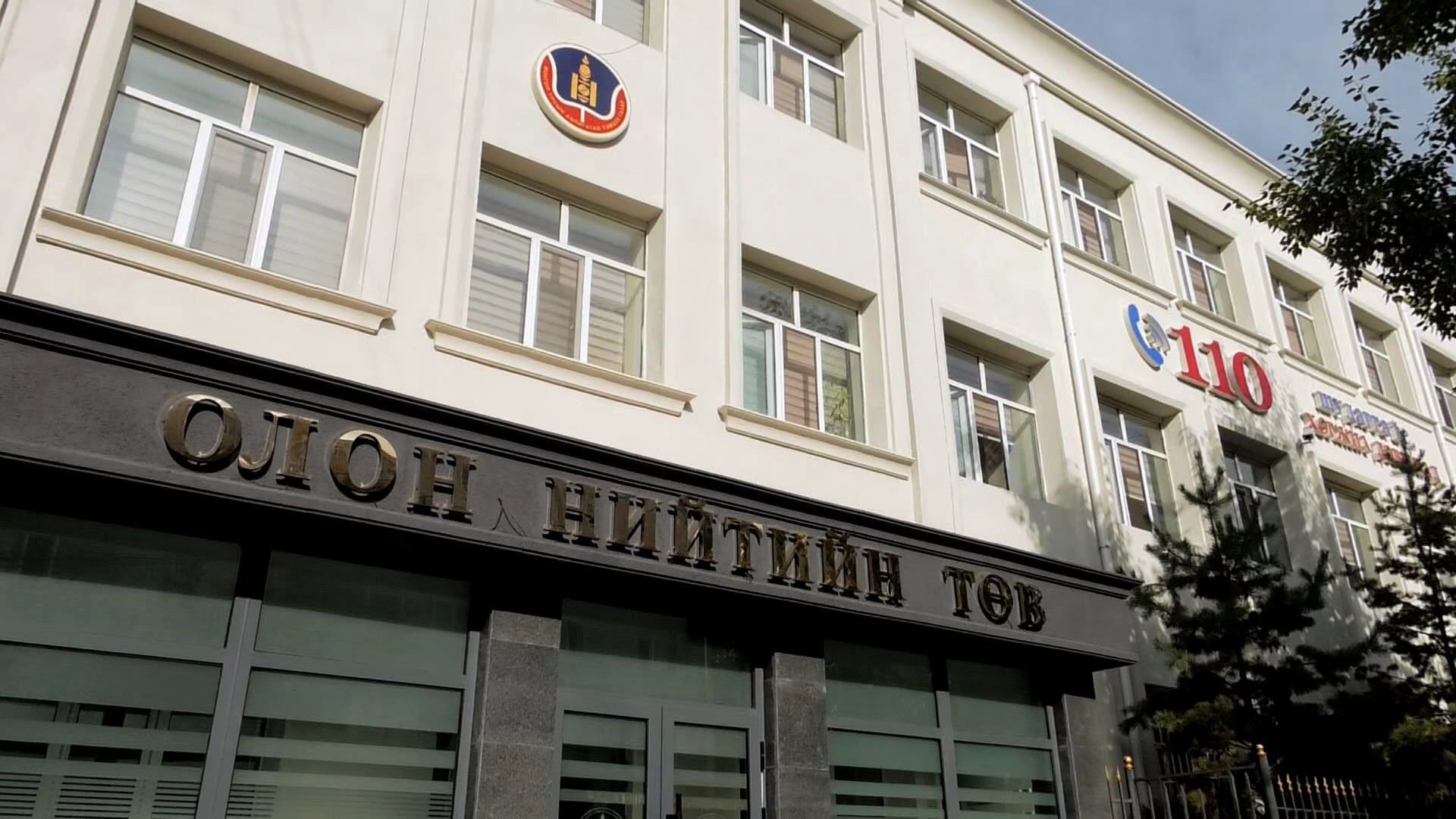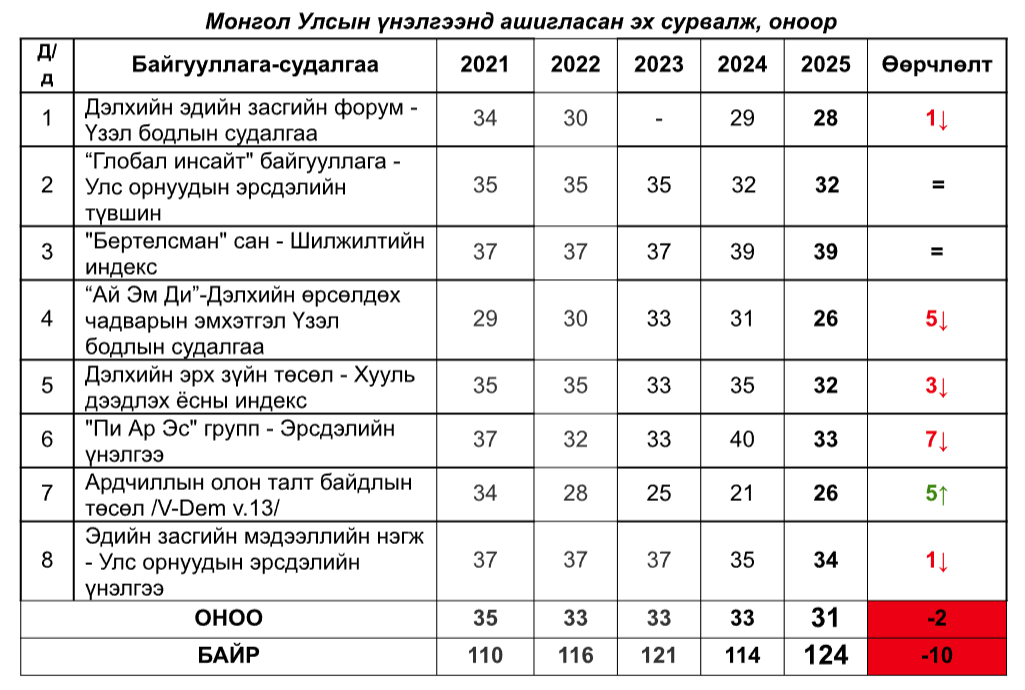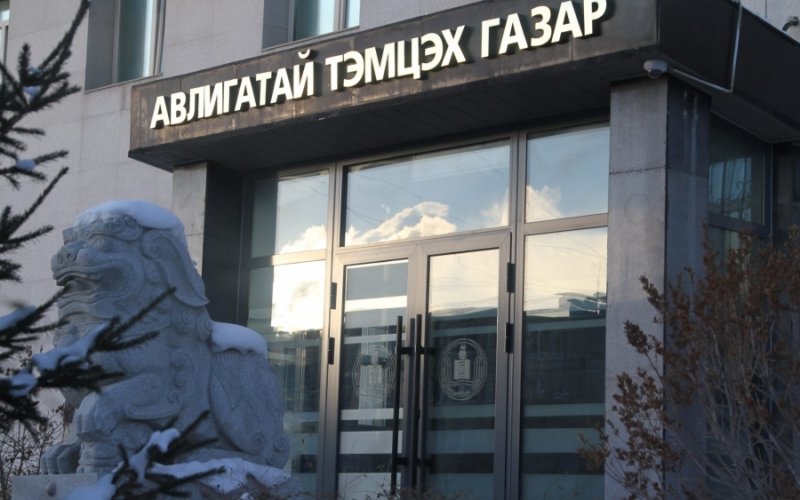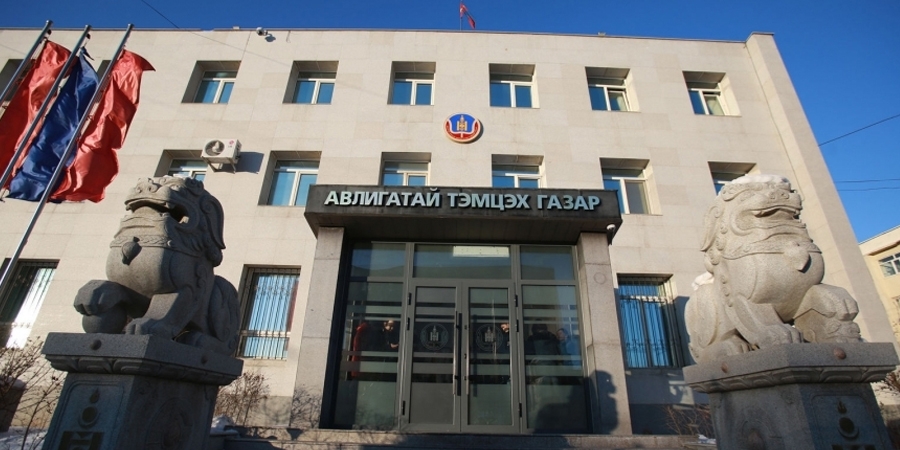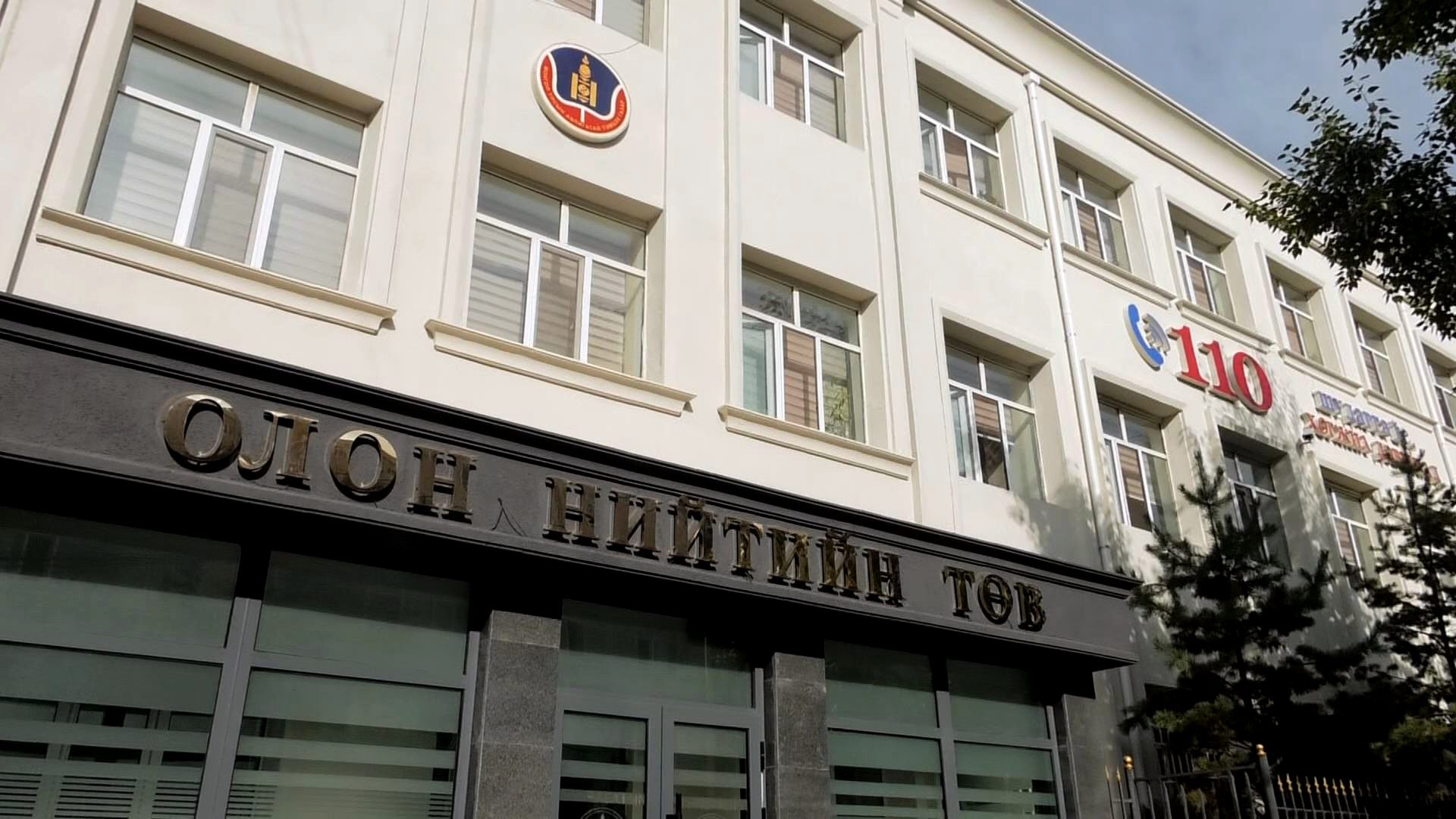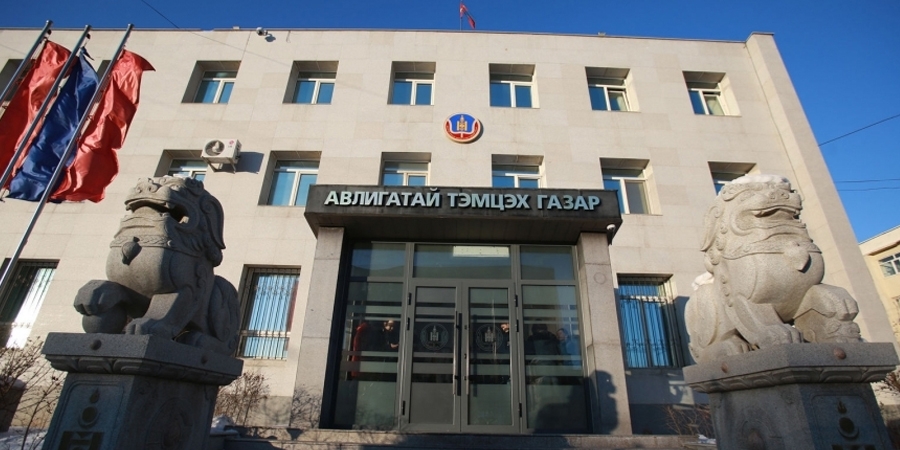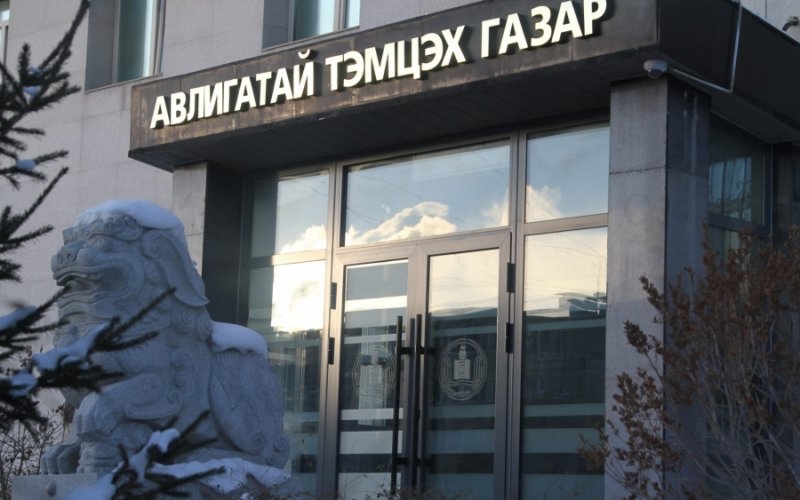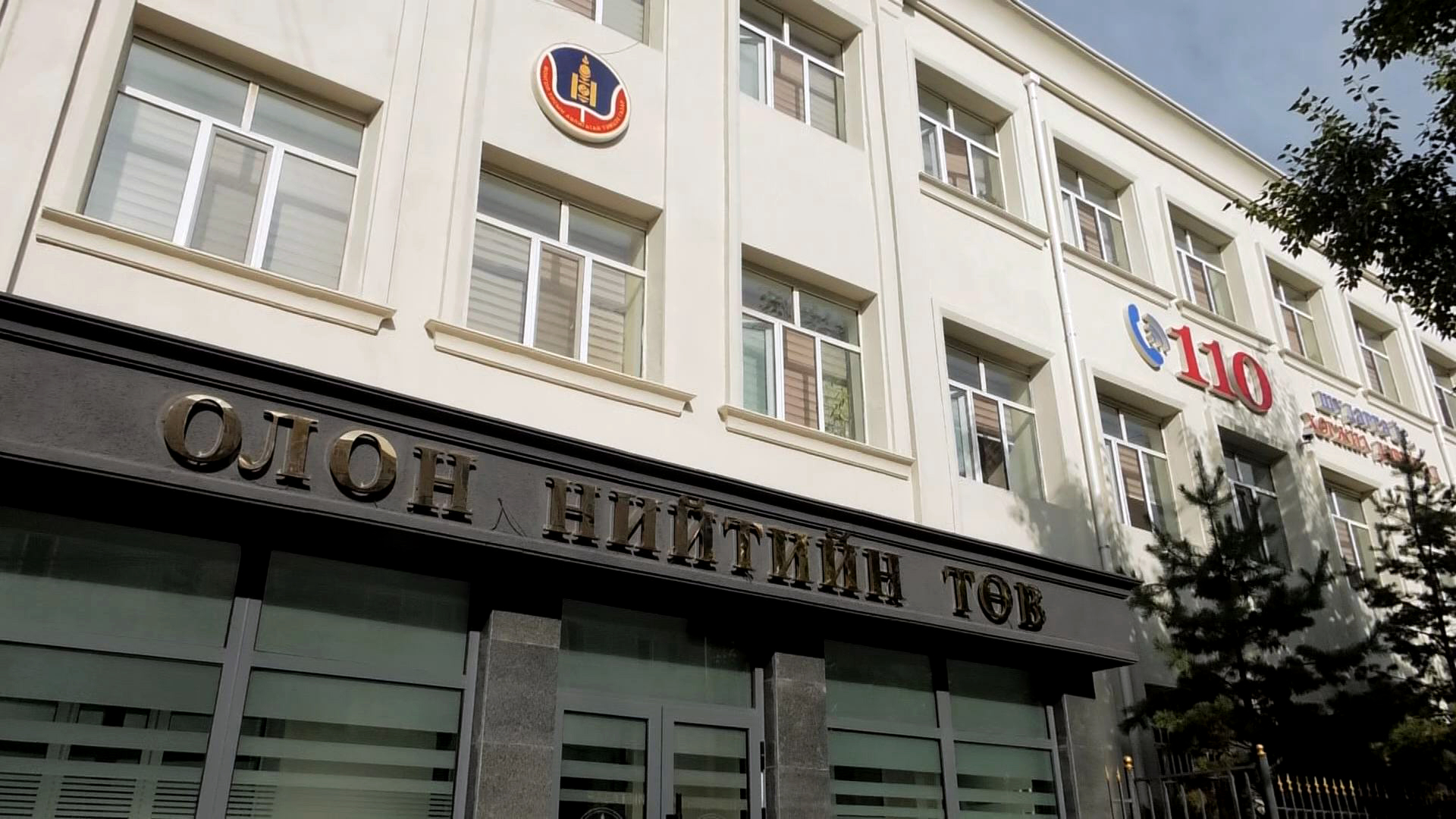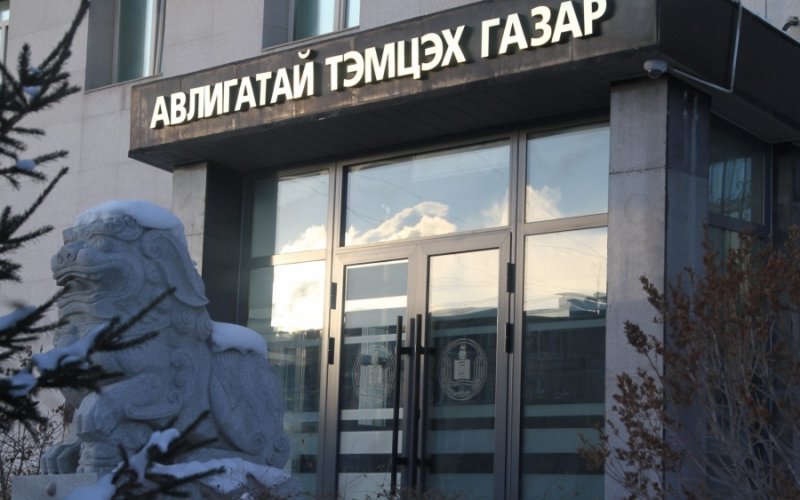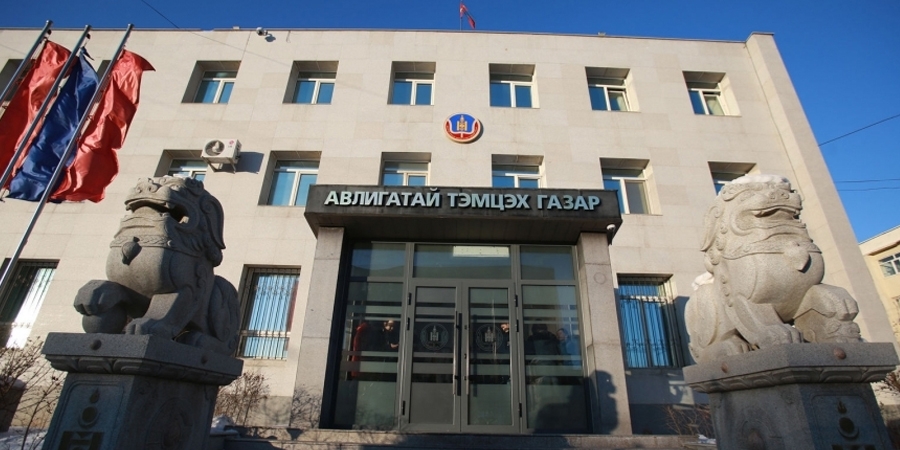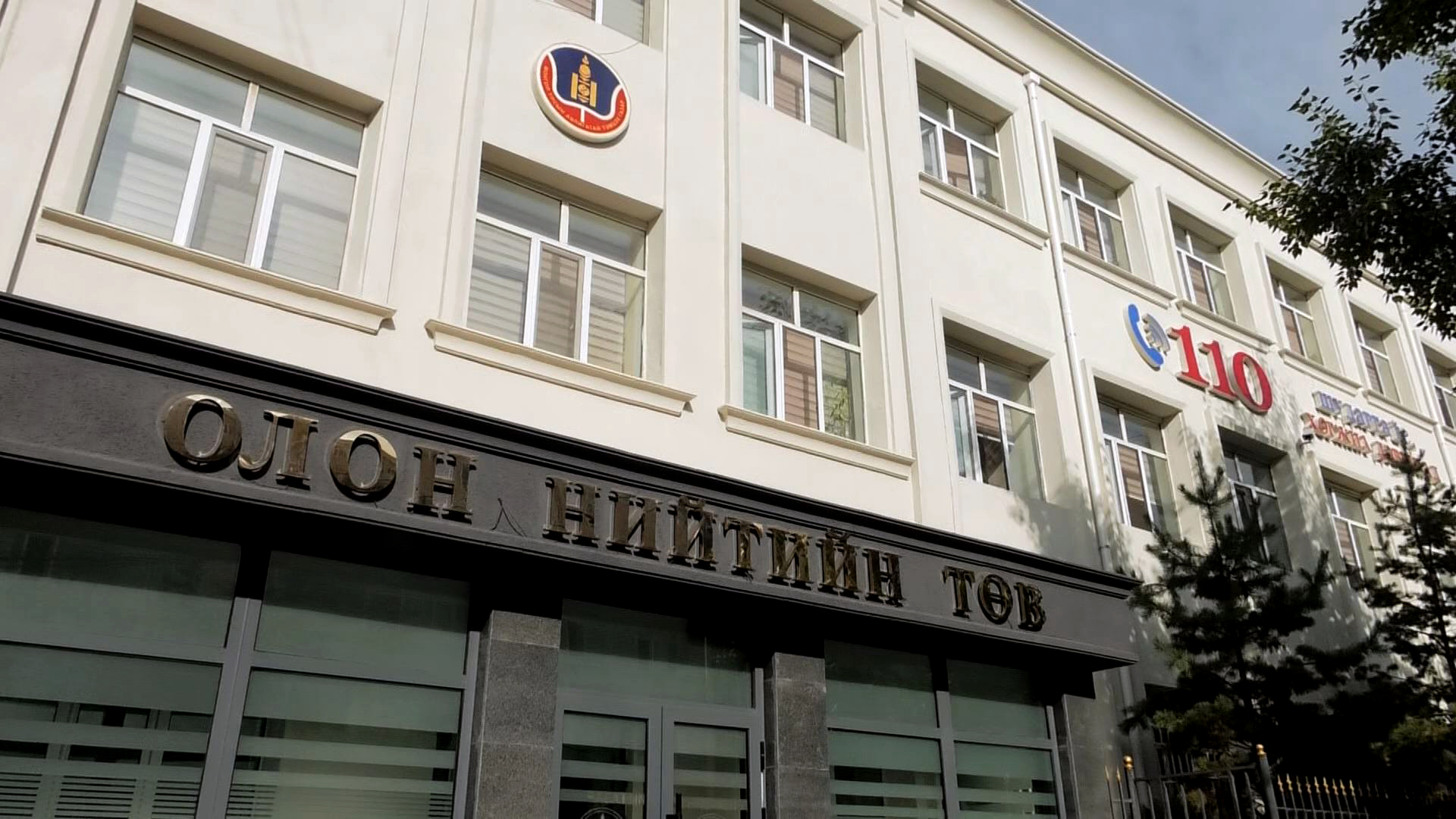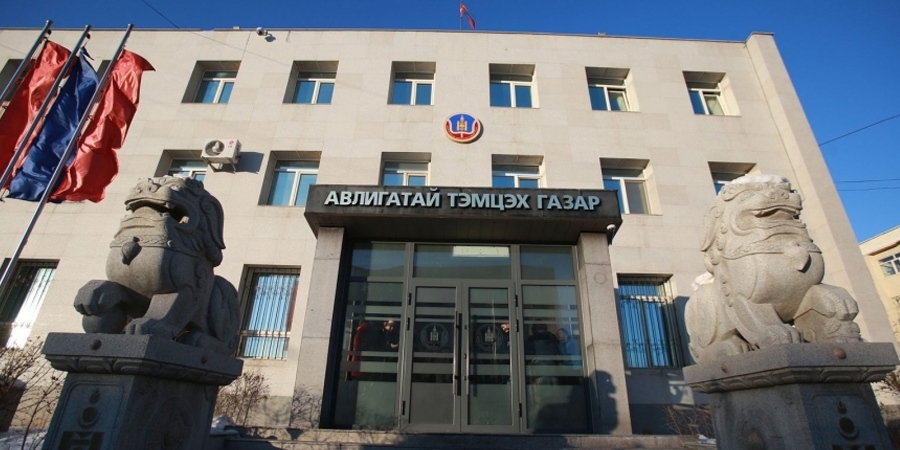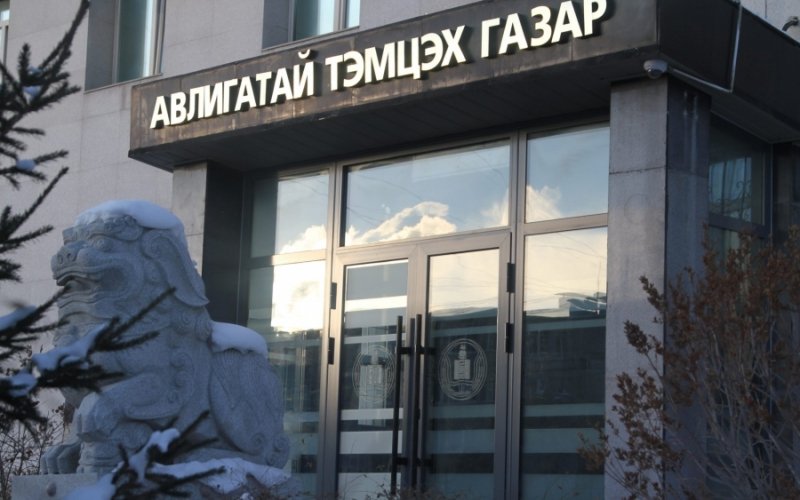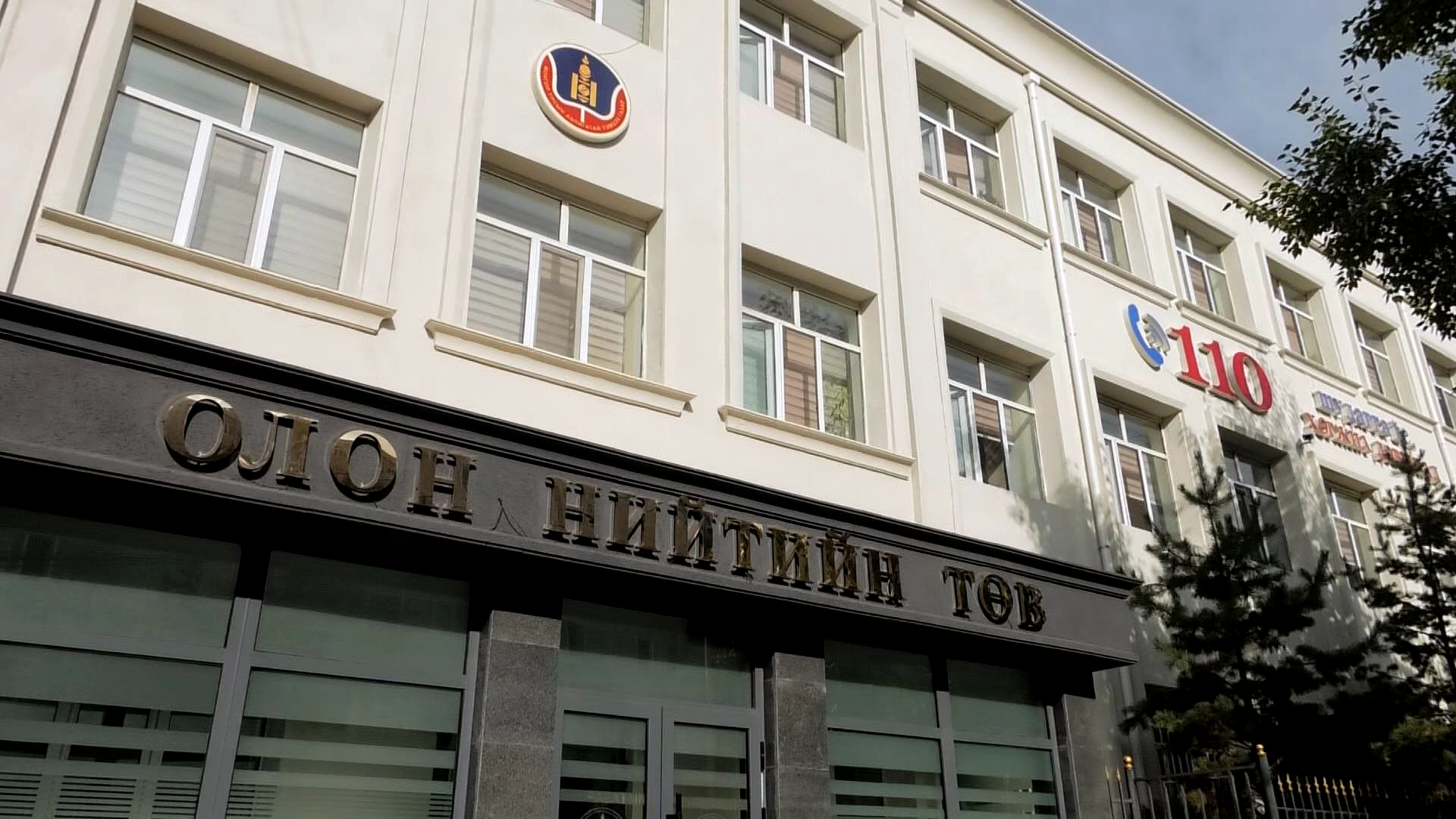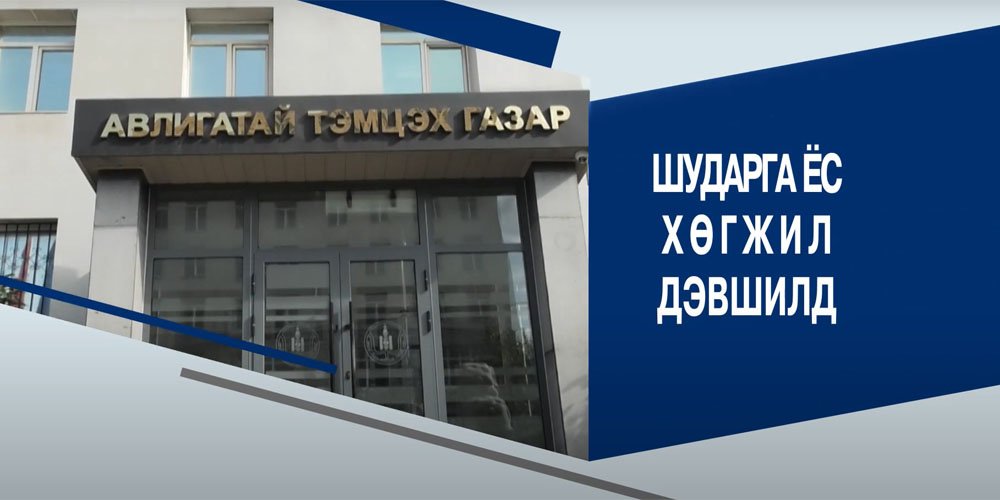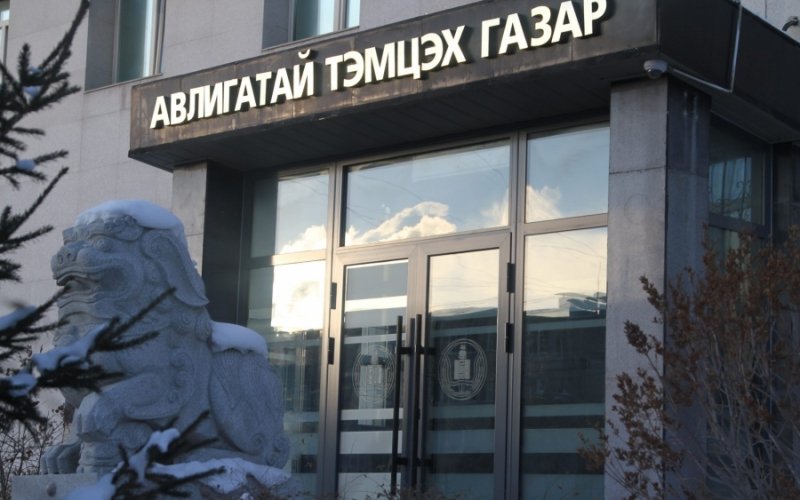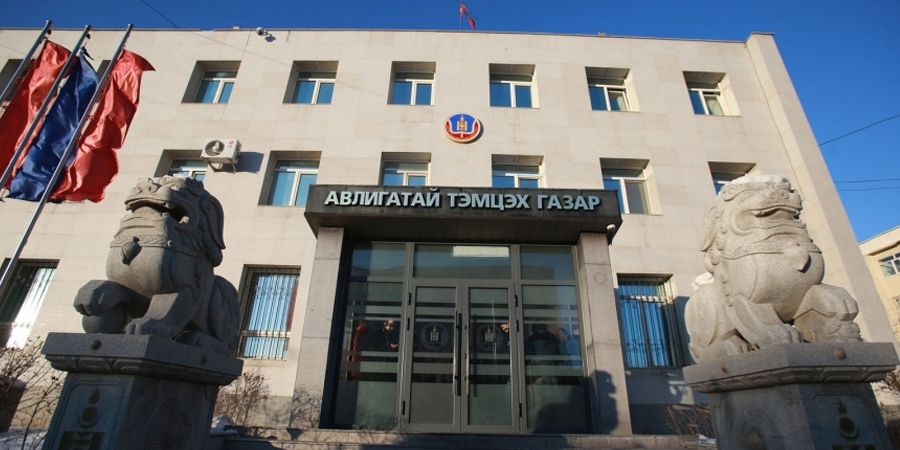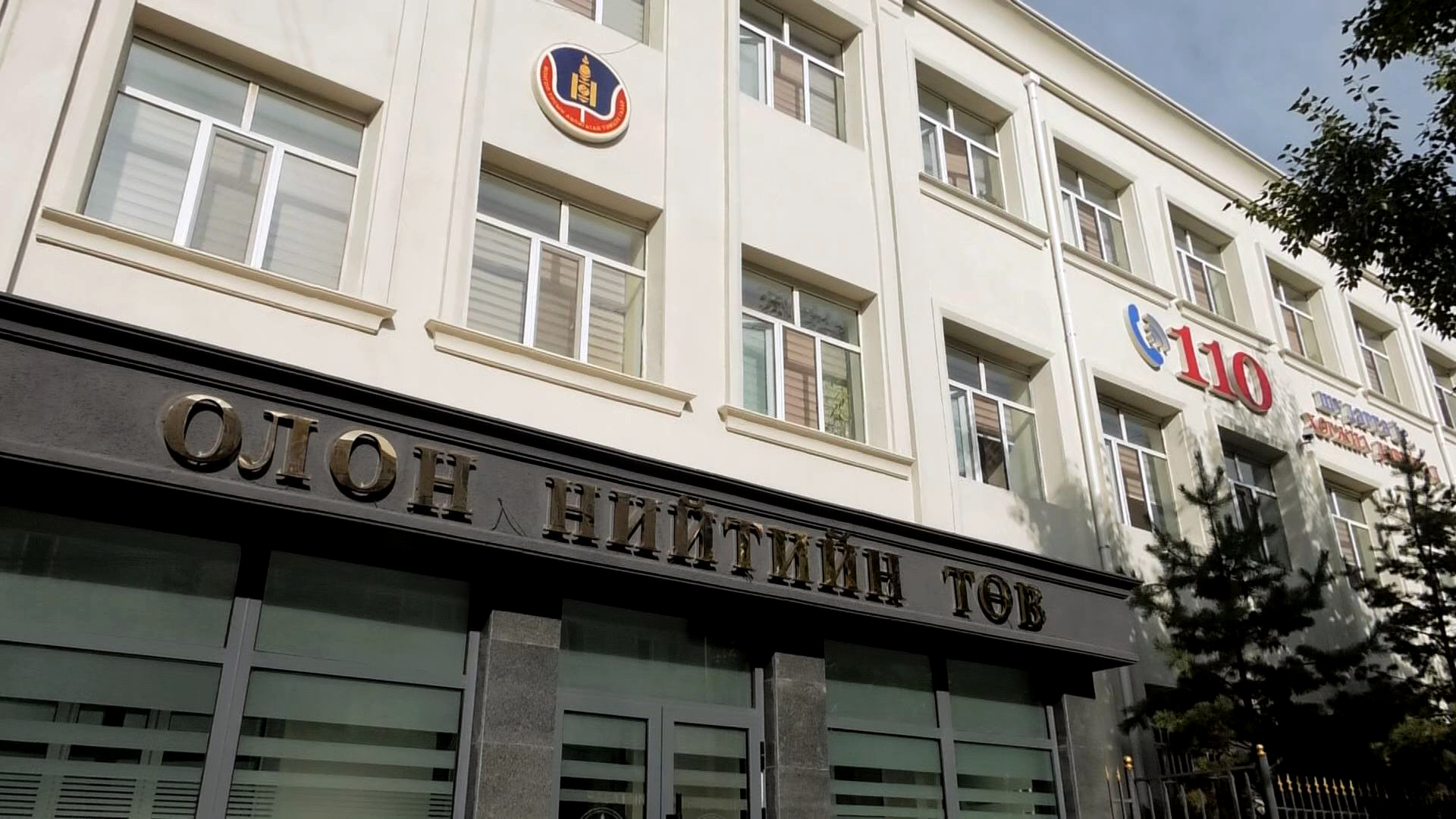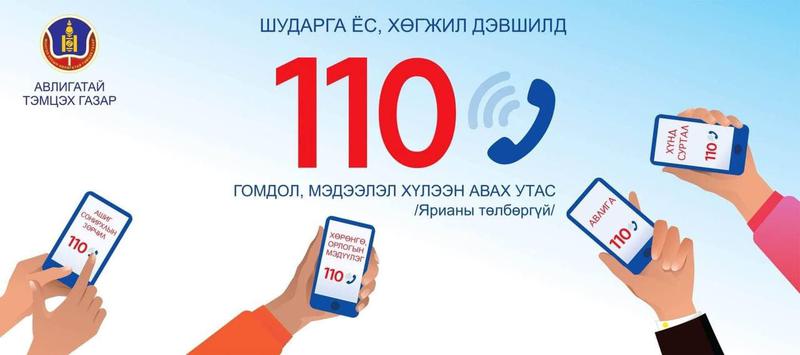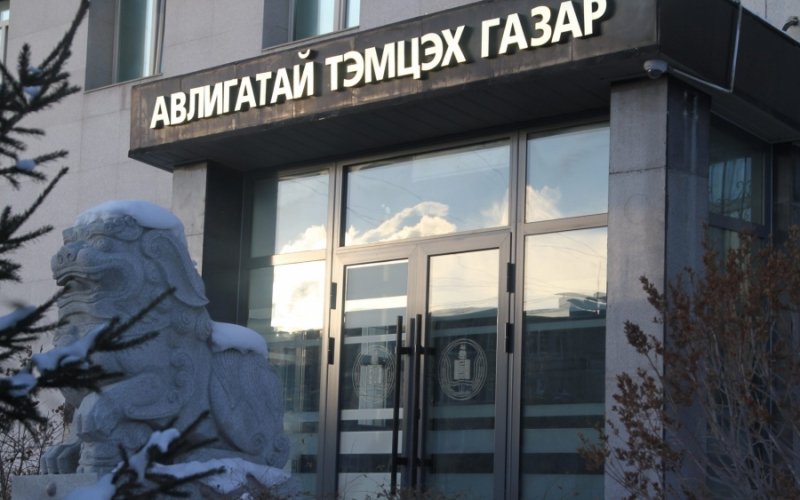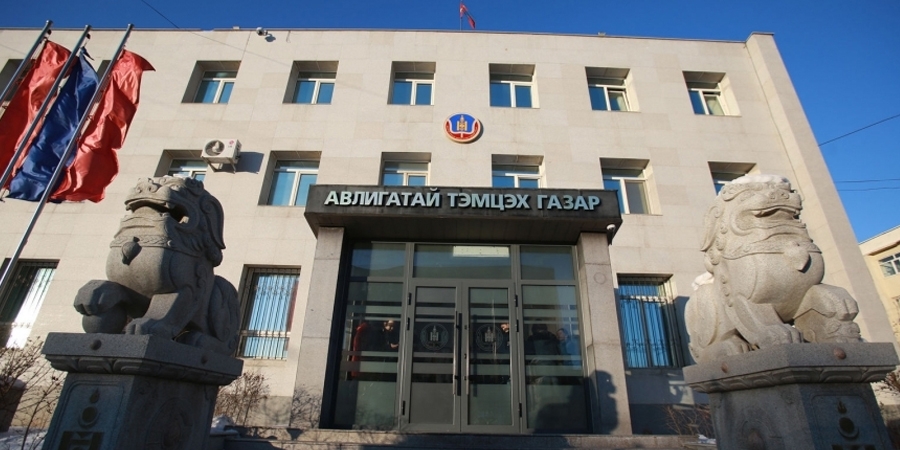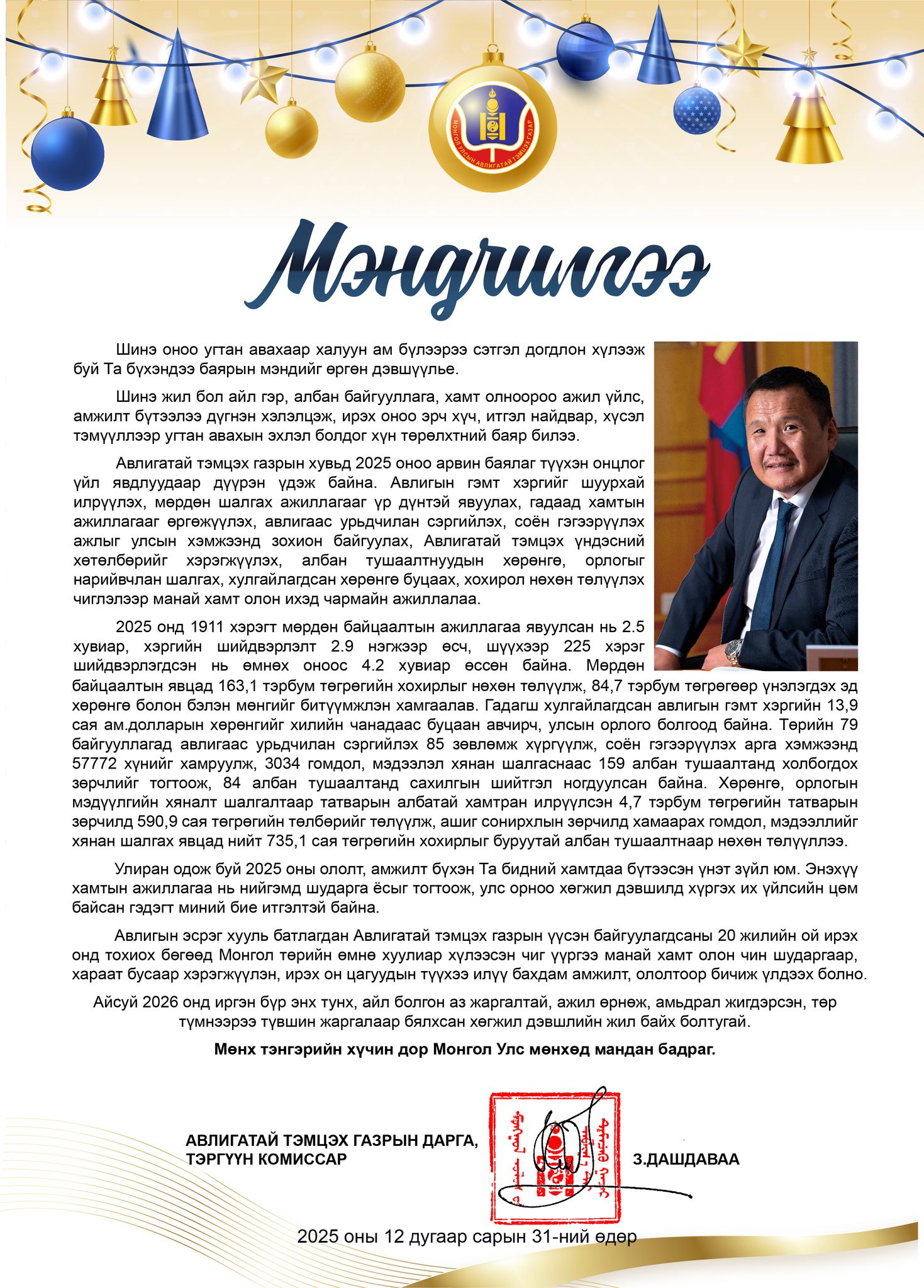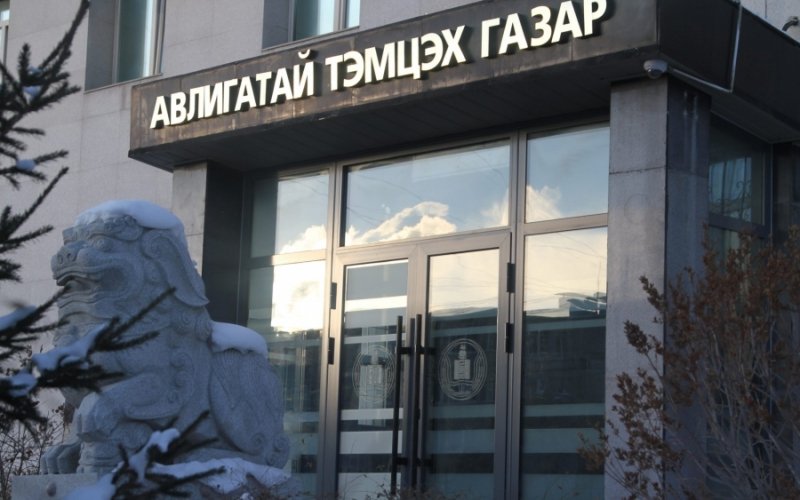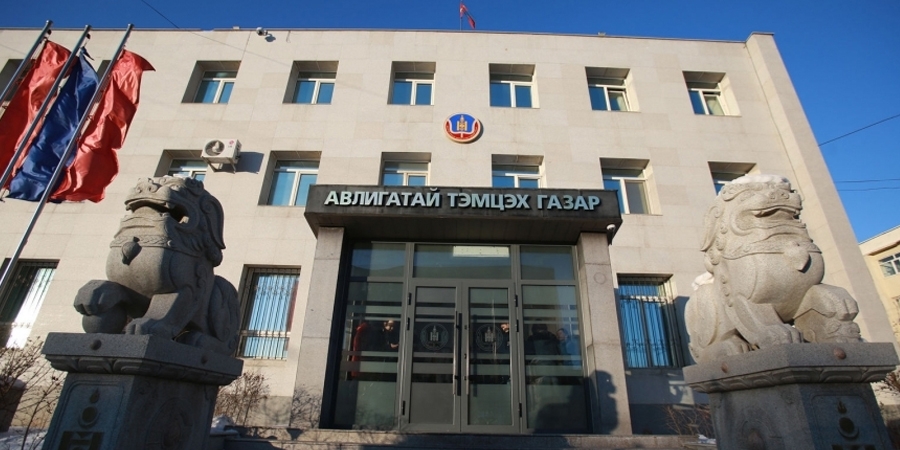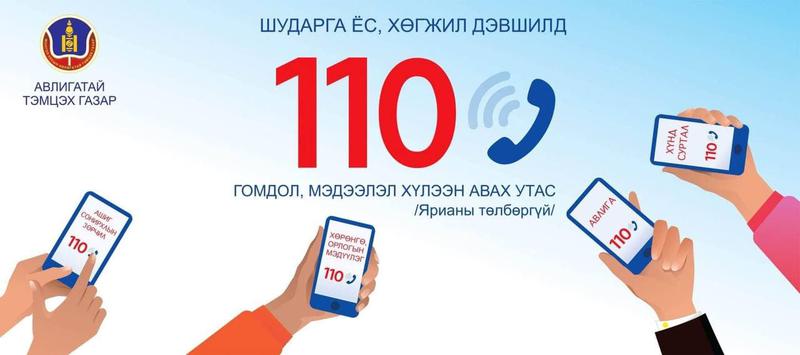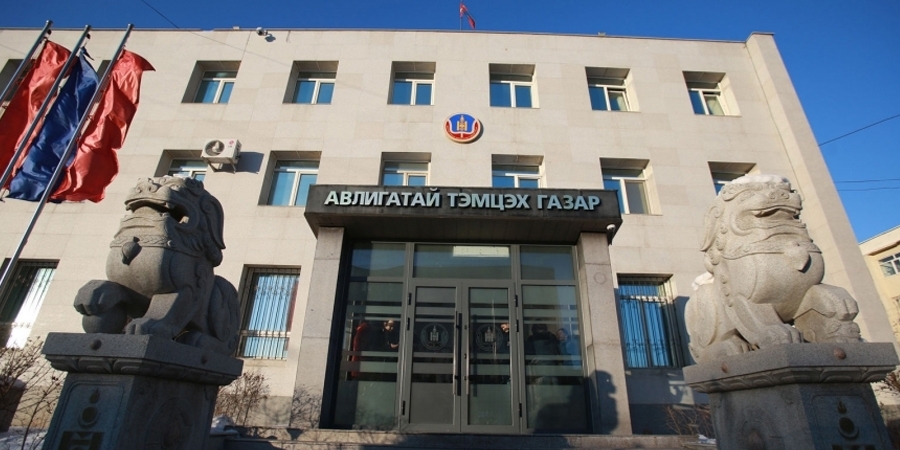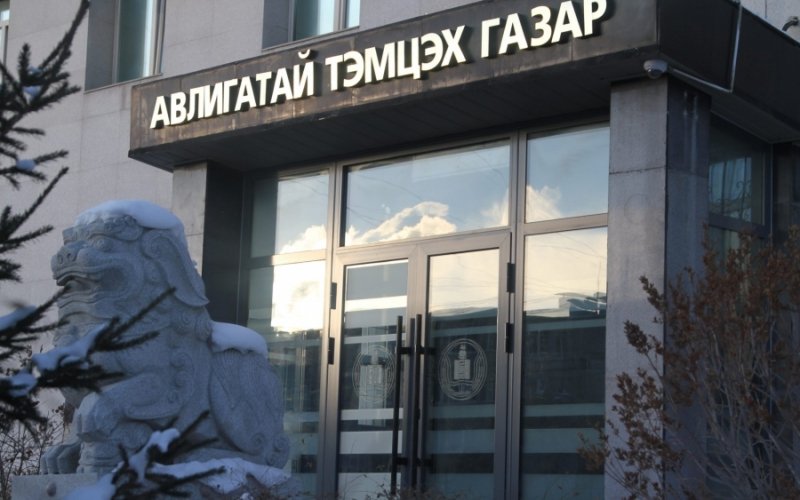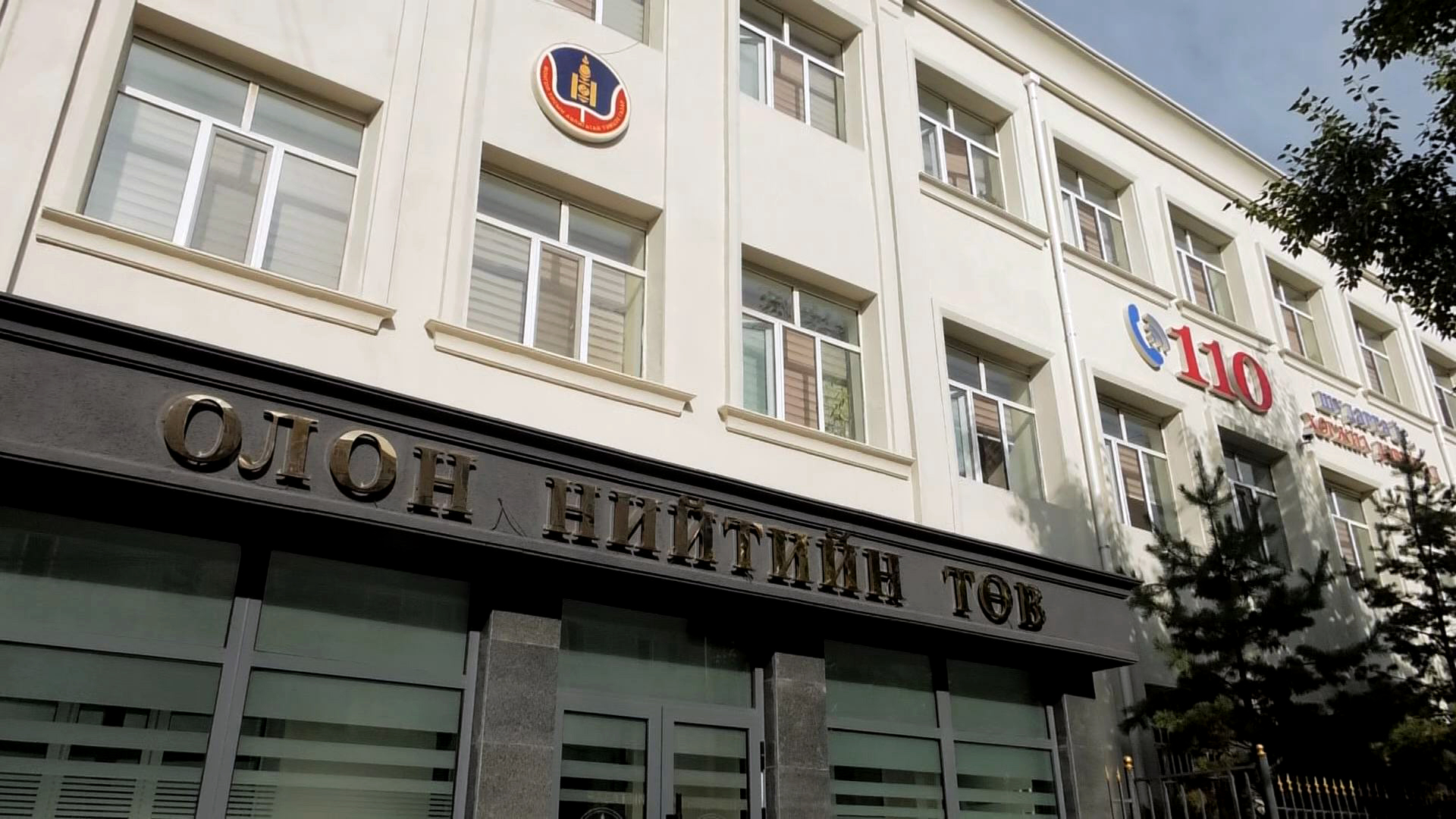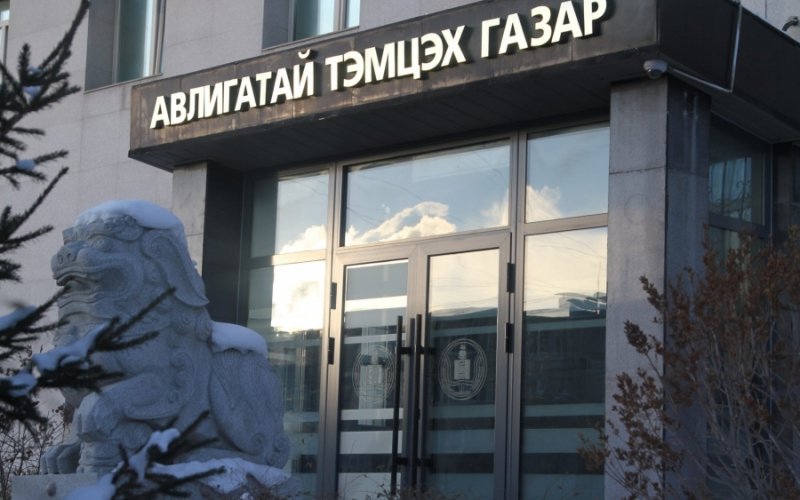
Mongolia: Assessment on mongolian corruption perceptions index
Transparency International has released its 2020 Corruption Perceptions Index (CPI) based on experts and the perceptions of business people of corruption in 180 countries. We spoke with O. Batbayar, CEO of “Transparency International Mongolia”, about the level of corruption within Mongolia according to the Corruption Perceptions Index.
He said that Mongolia had a score of 35 this year. The 2019 index was also 35. The Corruption Perceptions Index for Mongolia is based on a combination of surveys and assessments of corruption from 9 different sources.
The CPI assesses the Rule of law index, and risks such as corruption and political influence in the judiciary, environment, social, health, and economic risks, Sovereign risk, Banking sector risk, Economic structure risk, and Political risk. All of these indicators related to corruption are evaluated in the Corruption Perceptions Index. For Mongolia, some scores saw an increase increased, but 3 source scores decreased. These three are the “2020 World Justice Index”, “2021 The Global Risk report”, and “2020 EIU Country Risk Service”.
For example, “2021 The Global Risk report” evaluated environmental risks, public health risks, and the ability to fight pandemics. In other words, a country with such risks is considered corrupt.
One source that has a declining score on the Corruption Perceptions Index is the “2020 World Justice Index”. The decline of the Index on “Corruption and Political Influence in the Judiciary” contributed to the decline in the 2020 Corruption Perceptions Index. This means that judicial governance has created a legal environment in which corruption can be taken and an opportunity has been created to make decisions at the behest of politicians. He said recently, adopted laws have closed this loophole and he hopes the score will be improved next year.
In this interview, he outlined what Mongolia needs to improve indicators: approve the law on political parties, the law on the state-owned industries, and the whistleblower protection Act, which disclose corruption actions and the law on mining transparency, and solve issues to create a legal framework for the disclosure of end-user and beneficiary information, and ensure that the buying process is free of corruption.
In addition, he mentioned that there were a few positive indicators related to Mongolia’s CPI. Democracy and competitiveness increased by 1-2 scores. In this, the following indicators have been of influence, for instance, Mongolia is removed from the FATF Grey list and credit ratings have improved.
It is common for countries with low CPI scores to have low investment in the health and education sectors. Mongolia belongs to this category. Inadequate public investment in these sectors is likely to lead to poor access to health and education services and accordingly, the condition of experiencing corruption has been created. Conversely, in countries with high levels of corruption, politicians are more interested to invest in mega-projects because of a greater potential for corruption.
The solution to all of these issues is an attempt to eradicate corruption with great political will and leadership. The legal environment also needs to be reformed. Remember that in a small country like Mongolia, it takes 1 or 2 years to eradicate corruption, as advised by a Hong Kong Corruption Advisor who has worked in Mongolia for many years.
He said that one of the highlights of announcing the Corruption Perceptions Index this year is that the Covid-19 pandemic has provided a clear picture of the state of corruption. This is because purchases and loans have made it possible to directly measure the effectiveness of the fight against the pandemic through the expenditure of grants. Countries with a high level of corruption are losing control of the spread of infection by purchasing low-quality diagnostic tools and medicines, resulting in high mortality of the population.
Another highlight is the high incidence of cancer and cardiovascular and respiratory mortality in countries with low corruption perceptions index scores. Because people cannot get the necessary equipment and medicine, and even if they do, they get poor quality treatment. As a result, people die. So corruption is the most dangerous theft that takes a person's life.
The Corruption Perceptions Index score of Mongolia has not increased and did not decrease, and the decline of ranks among other countries was not related to the activities of any particular organization, including the Independent Authority Against Corruption. This is a point given to the current system of our country. For example, the loss of scores related to the index of the rule of respecting the law is the result of the assessment of the judicial laws in Mongolia, which states that "under the current legal system, the judiciary cannot function without the influence of corruption and politicians." Still, issues such as the detection and prevention of corruption are not considered here.
The Corruption Perceptions Index states that the new government and the Prime Minister reflected the following issues in policy that will create and implement a legal framework to eliminate bureaucracy and corrupt political systems, eradicate the soil that feeds the corruption, create an independent and fair judiciary system, and protect whistleblowers, seems to be important leverage to influence positively to the score of the CPI. Batbayar said in his interview that he expects the Corruption Perceptions Index to rise next year and the rank of our country will increase.



